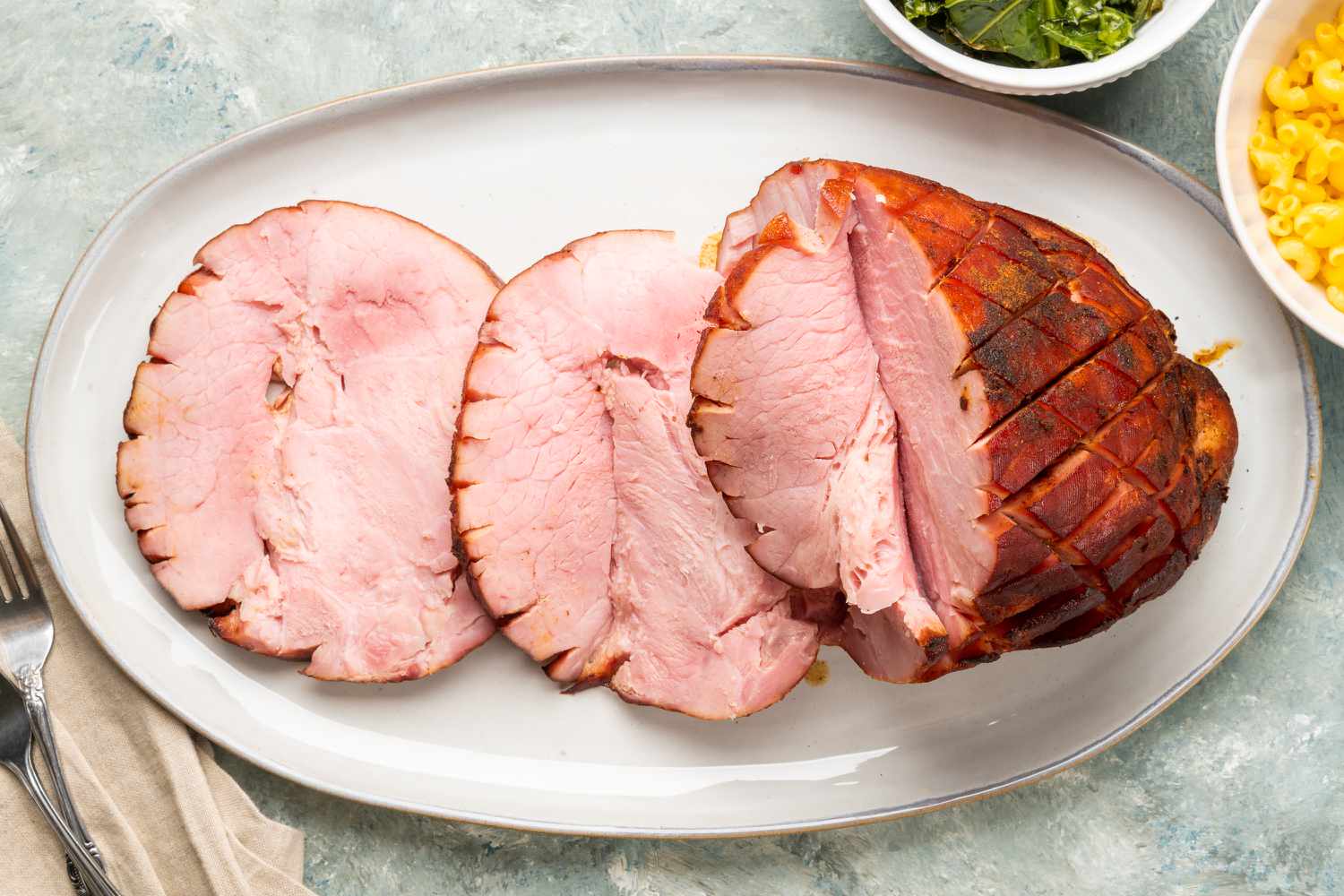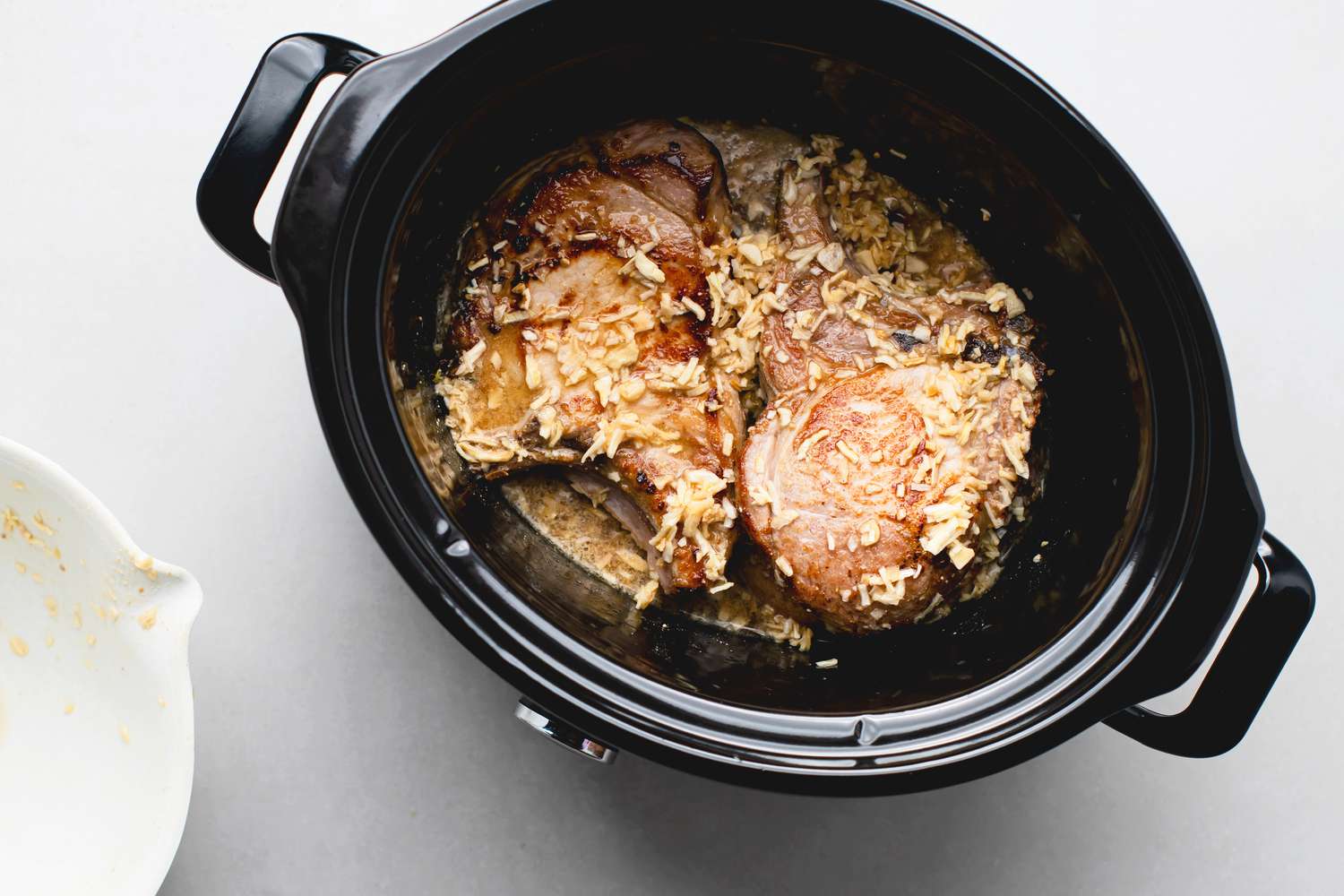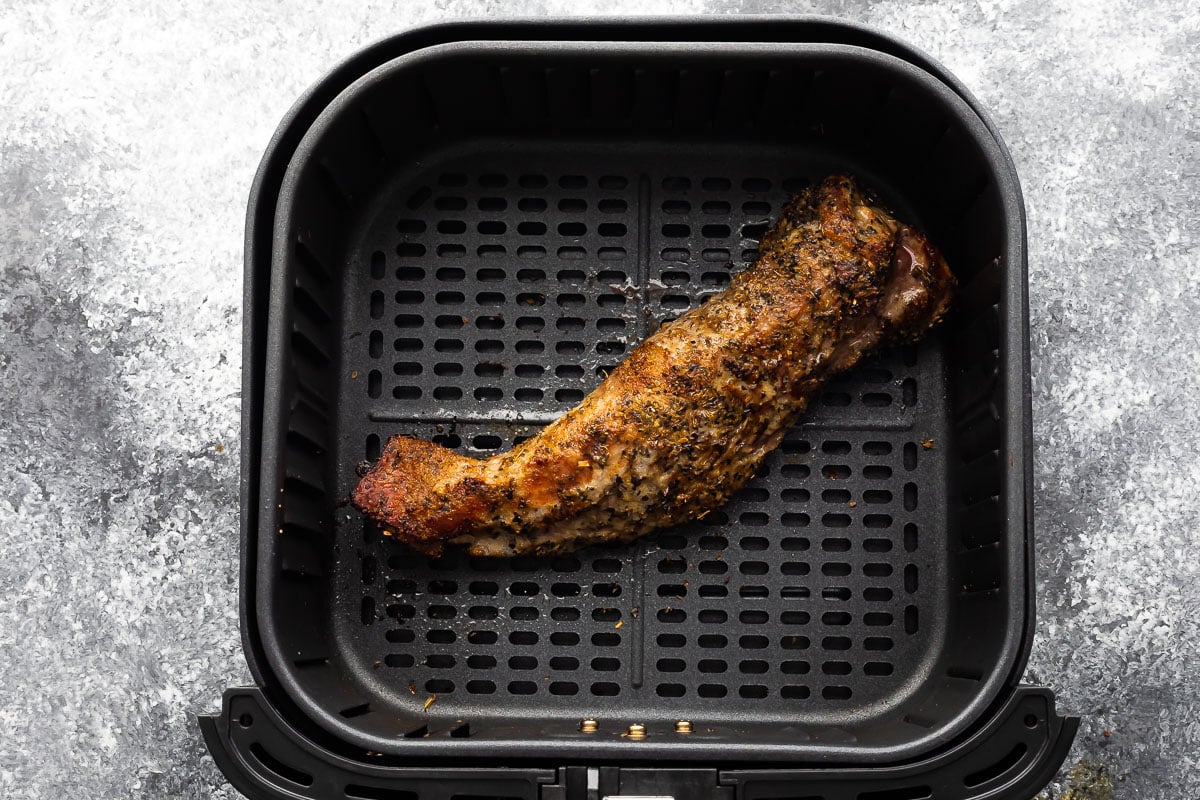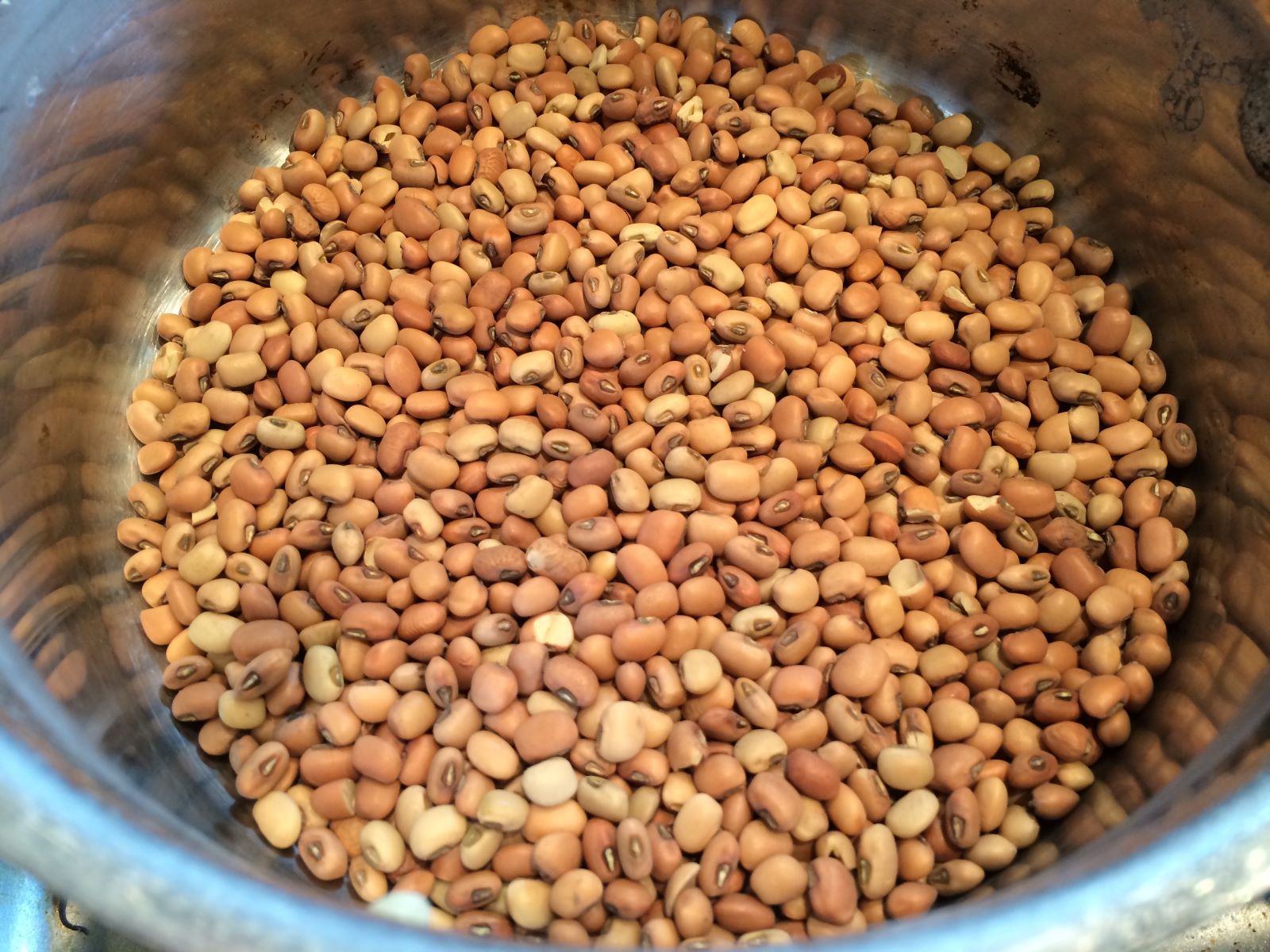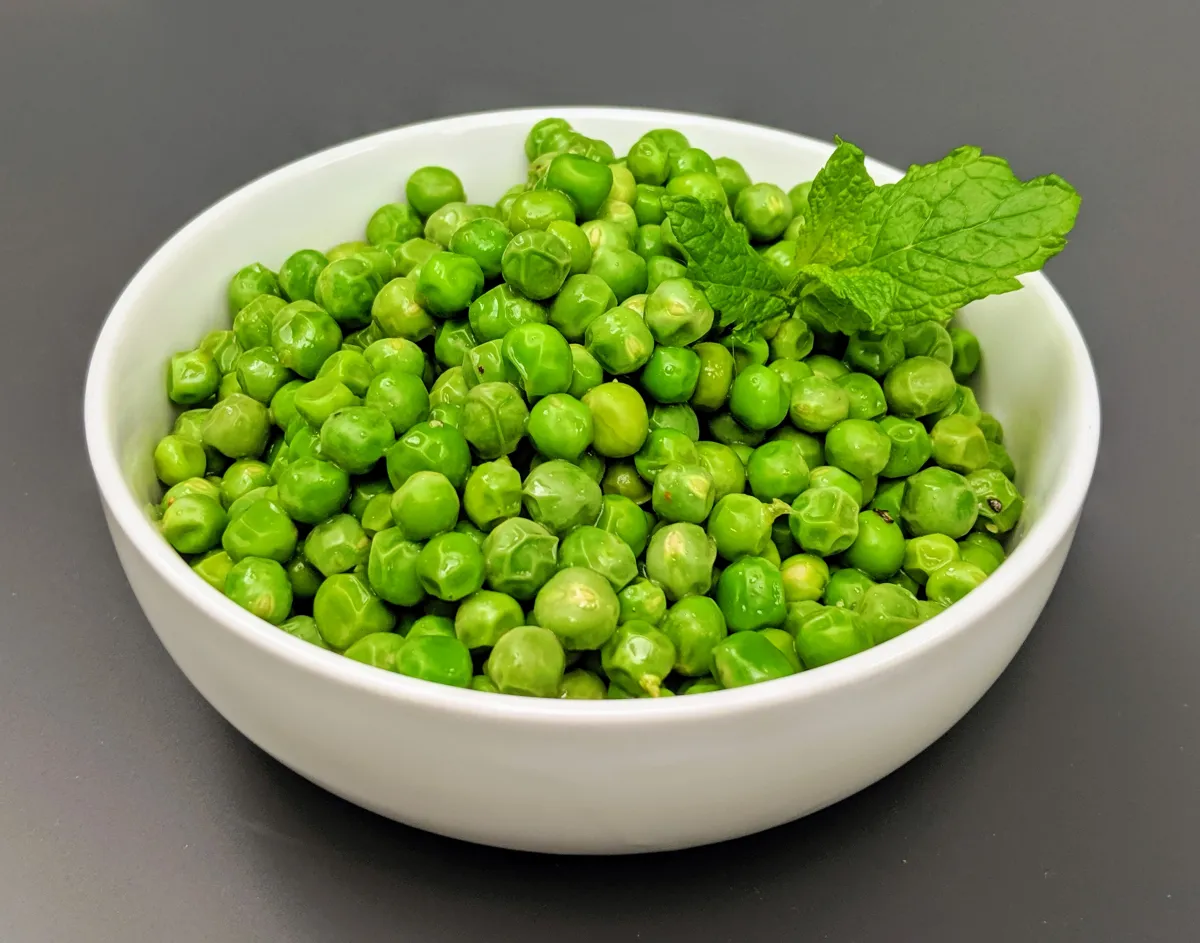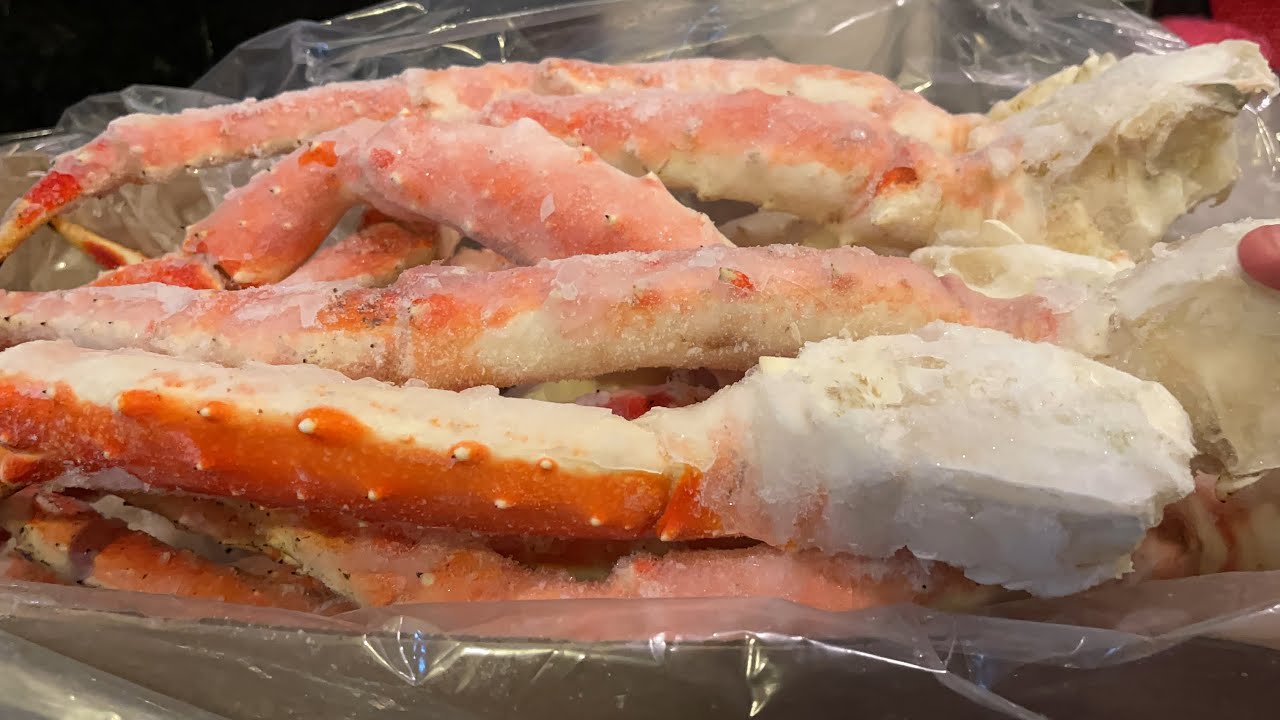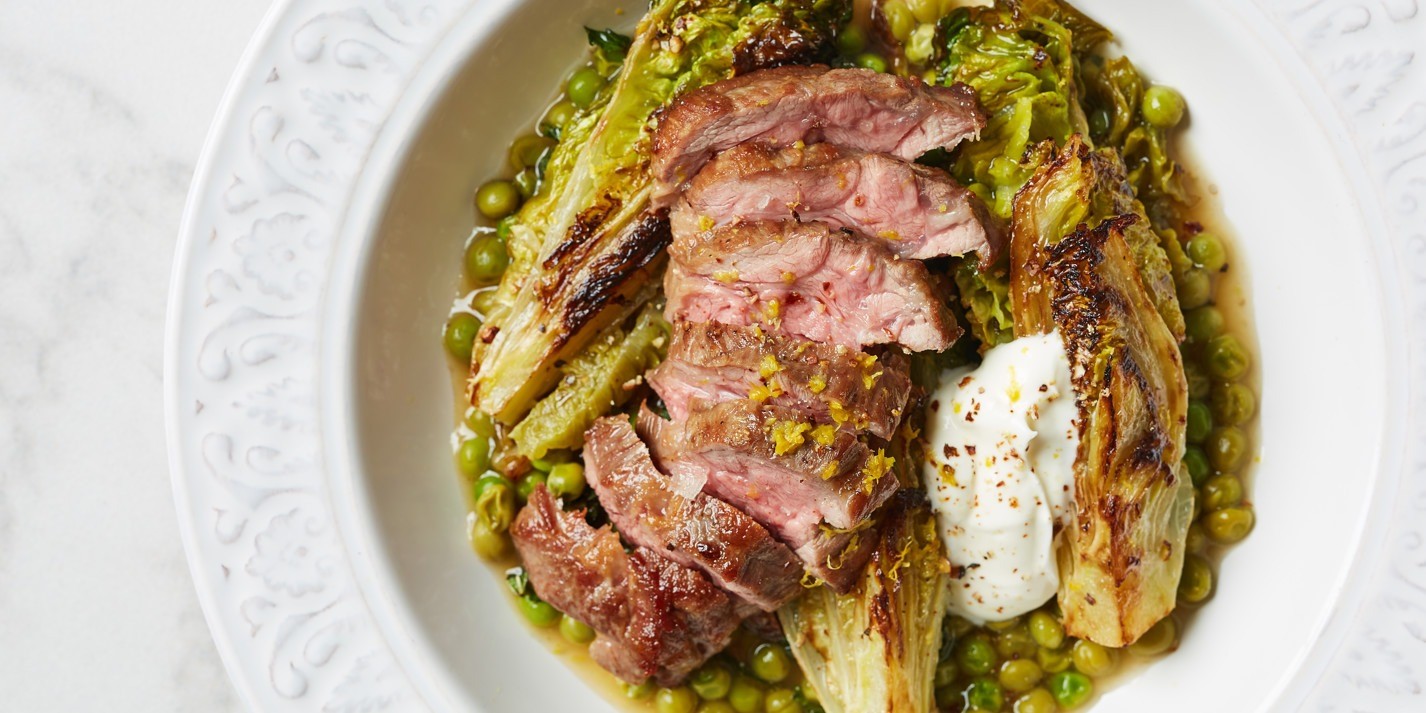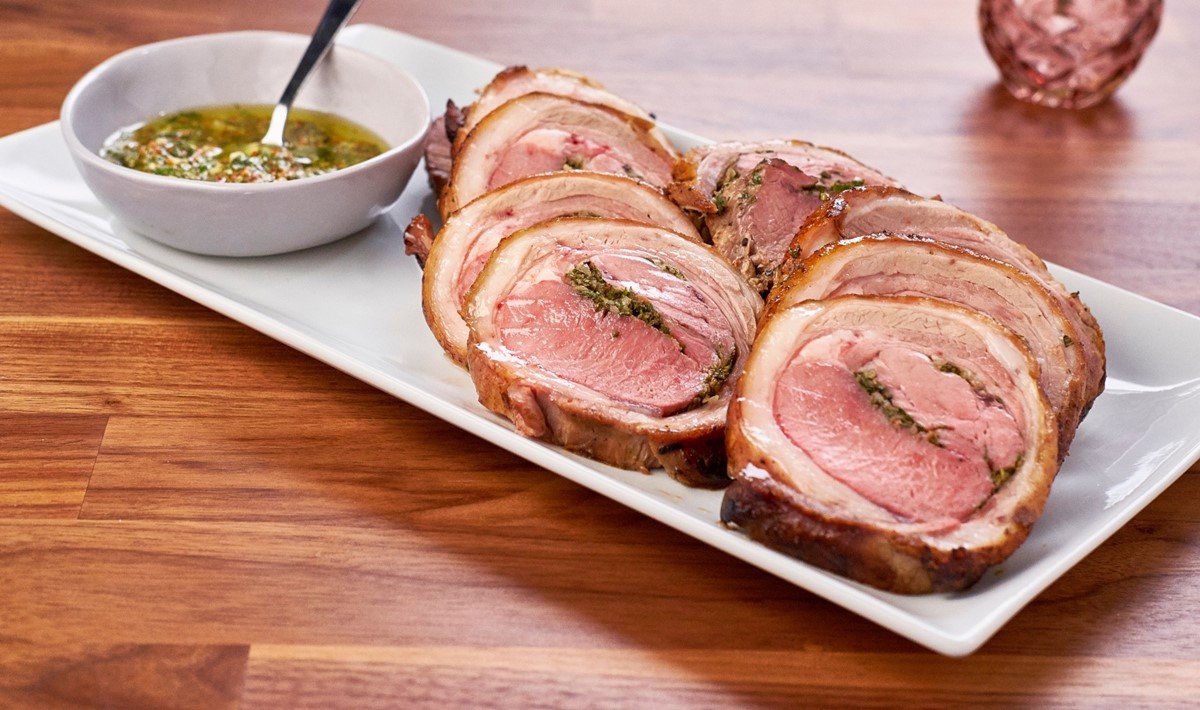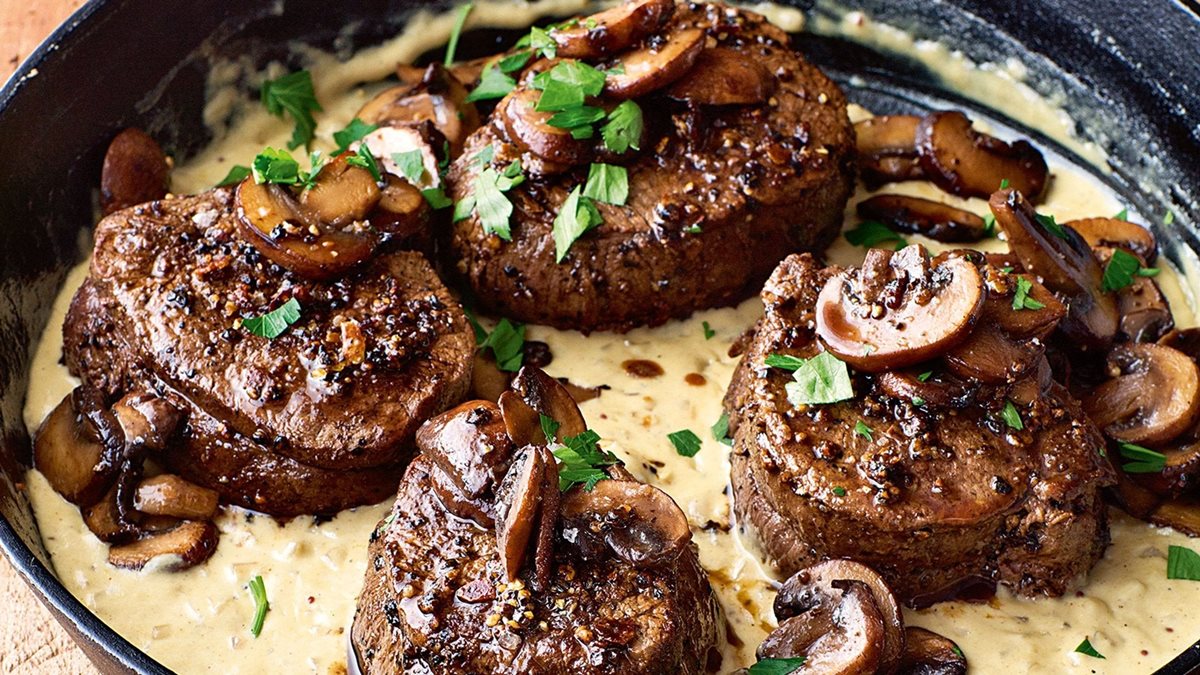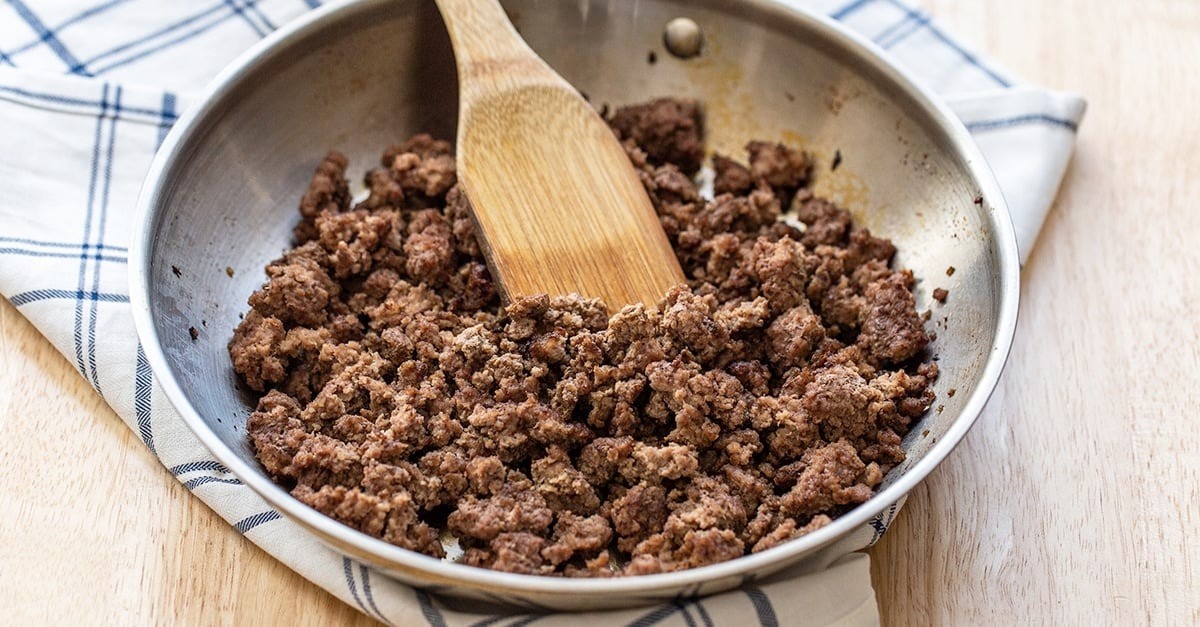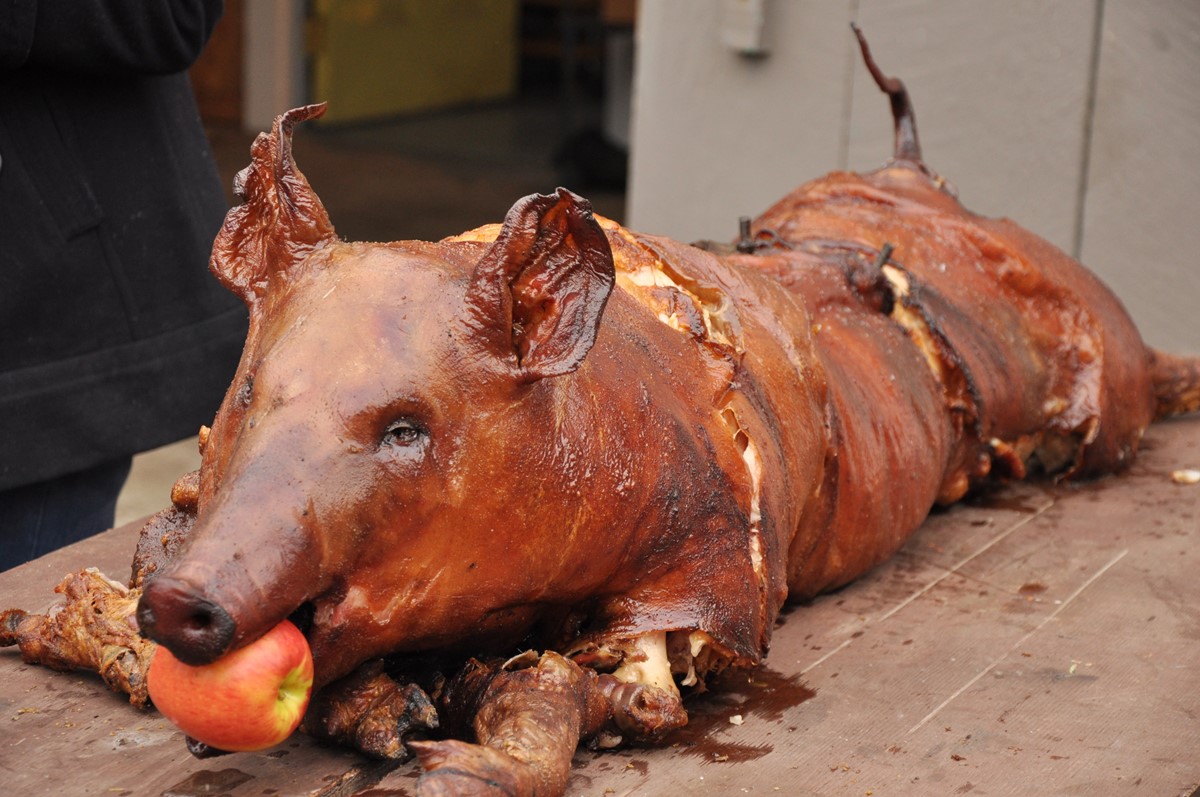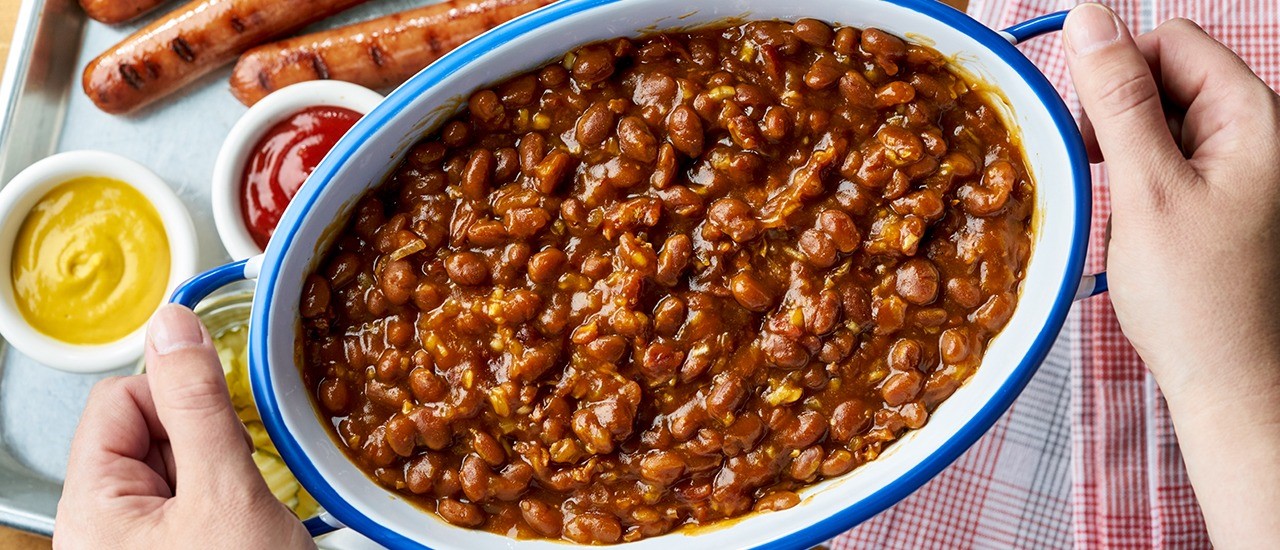How To Cook Packaged Udon Noodles
Udon noodles are a popular type of Japanese noodles that are thick, chewy, and oh-so-satisfying. If you have a package of packaged udon noodles sitting in your pantry and you’re not sure how to cook them, fear not! We’ve got you covered with this step-by-step guide on how to cook packaged udon noodles to perfection.
Ingredients:
- 1 package of packaged udon noodles
- Water
- Salt
Instructions:
- Bring a pot of water to a rolling boil.
- While the water is heating up, open the package of udon noodles and separate them gently.
- Once the water is boiling, add a pinch of salt to enhance the flavor of the noodles.
- Carefully add the udon noodles to the boiling water. Make sure they are fully submerged.
- Stir gently to prevent the noodles from sticking together. Be careful not to break the noodles.
- Follow the cooking instructions on the package for the recommended cooking time. Typically, udon noodles take around 8-10 minutes to cook.
- While the noodles are cooking, prepare a bowl of ice water.
- Once the noodles are cooked to your desired level of doneness, use a slotted spoon or tongs to transfer them to the bowl of ice water. This will stop the cooking process and help the noodles retain their chewy texture.
- After a minute or two in the ice water, drain the noodles well.
- You can now use the cooked udon noodles in a variety of delicious dishes like stir-fries, soups, or even cold salads.
Tips for Perfectly Cooked Udon Noodles:
- Do not overcook the noodles as they can become mushy.
- For a more flavorful broth, you can cook the udon noodles directly in the soup.
- If you prefer a softer texture, you can cook the noodles for a few extra minutes.
- Remember to rinse the noodles in cold water to remove excess starch and prevent them from sticking together.
- Experiment with different sauces and toppings to customize your udon noodle dish to your taste.
Now that you know how to cook packaged udon noodles, you can easily whip up a delicious and satisfying meal in no time. Whether you’re craving a comforting bowl of udon soup or a flavorful stir-fry, these noodles are incredibly versatile and can be the star of your next culinary creation. Enjoy!
Share your experience and tips on cooking packaged udon noodles in the Cooking Techniques forum section.
FAQ:
How long should I cook packaged udon noodles for?
The cooking time for packaged udon noodles can vary depending on the brand and the thickness of the noodles. Generally, it is best to follow the instructions on the packaging. However, as a general guideline, most udon noodles require boiling for about 8 to 10 minutes until they are cooked through and tender. It’s always a good idea to taste the noodles for doneness before draining them.
Can I prepare packaged udon noodles without boiling?
While boiling is the most common method for cooking packaged udon noodles, there are alternative ways to prepare them. Some udon noodles can be soaked in hot water instead of boiling. In this case, follow the instructions on the packaging for the specific soaking time required. It is important to note that soaking may result in slightly different texture compared to boiling.
How do I prevent packaged udon noodles from sticking together?
To prevent udon noodles from sticking together during cooking, it is essential to stir them frequently while they are boiling. Using a large pot of boiling water and stirring the noodles gently with a fork or tongs will help prevent them from clumping together. Additionally, adding a teaspoon of oil to the boiling water can also help to minimize sticking.
Yes, some packaged udon noodles can be cooked in a microwave. However, it is crucial to check the packaging for specific microwave instructions. Typically, you would place the noodles in a microwavable bowl with water, cover it with a microwave-safe lid or plastic wrap, and cook on high for a few minutes until the noodles are tender. Remember to follow the instructions provided to ensure proper cooking.
Can I add flavorings or sauces to packaged udon noodles while cooking?
Yes, adding flavorings or sauces to packaged udon noodles while cooking can enhance their taste. You can add ingredients such as soy sauce, miso paste, or soup bases to the boiling water to infuse the noodles with flavor. You may also consider adding thinly-sliced vegetables, mushrooms, or protein such as tofu or meat to create a more substantial meal. Just be sure to adjust the cooking time accordingly for any additional ingredients.
How should I store leftover cooked udon noodles?
To store leftover cooked udon noodles, first, make sure they have cooled adequately. Then, transfer them to an airtight container or a zip-top bag, removing any excess air before sealing. Store them in the refrigerator for up to 3 days. When reheating, you can briefly blanch the noodles in boiling water or heat them in the microwave until warmed through. It’s important to note that reheated udon noodles may lose some of their original texture but can still be enjoyed.
Was this page helpful?
Read Next: How To Cook Okra In Gumbo Without The Slime
